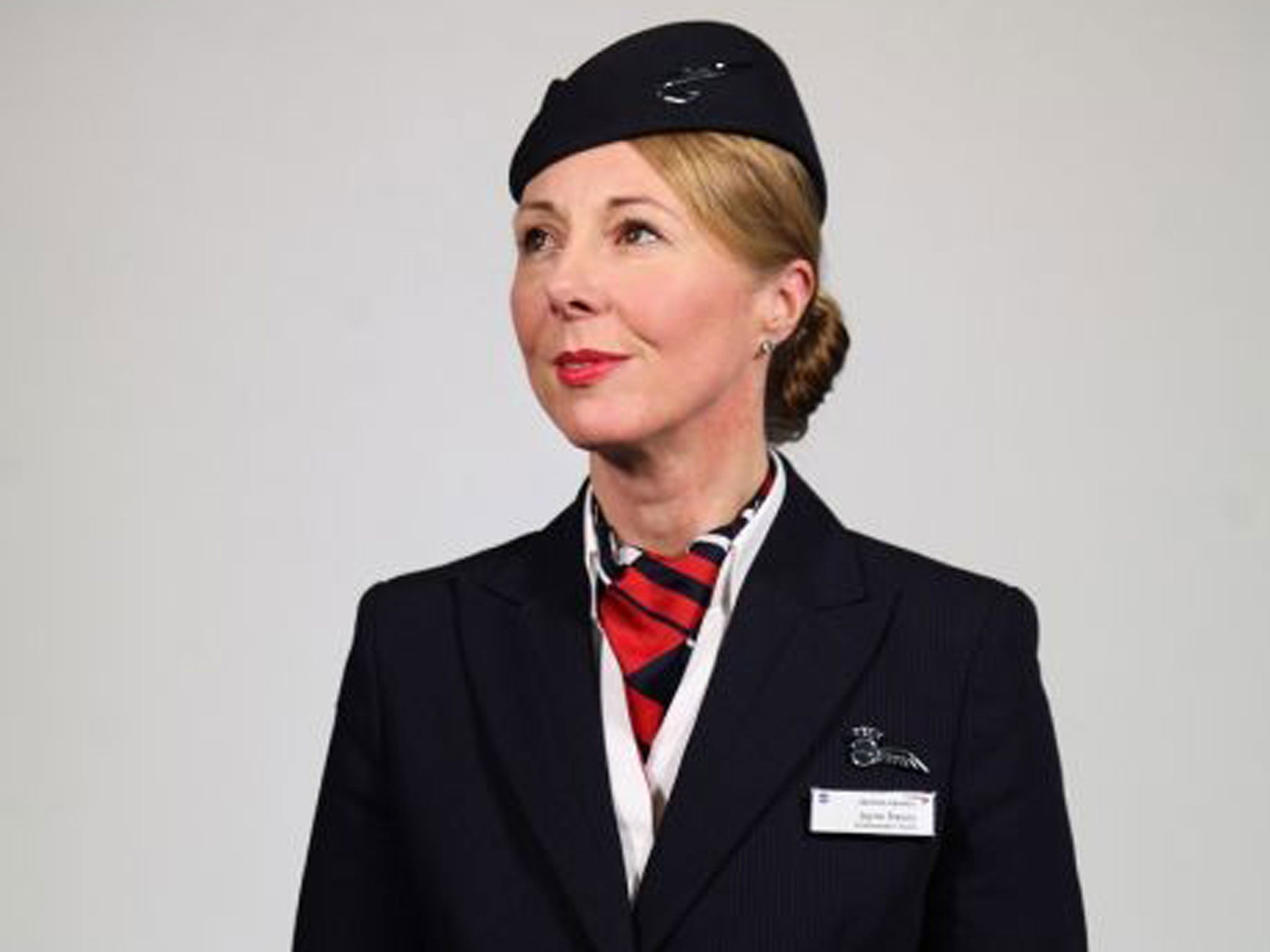Backstage Travel: No 2 - Cabin crew
The people behind passenger satisfaction... and safety

Your support helps us to tell the story
From reproductive rights to climate change to Big Tech, The Independent is on the ground when the story is developing. Whether it's investigating the financials of Elon Musk's pro-Trump PAC or producing our latest documentary, 'The A Word', which shines a light on the American women fighting for reproductive rights, we know how important it is to parse out the facts from the messaging.
At such a critical moment in US history, we need reporters on the ground. Your donation allows us to keep sending journalists to speak to both sides of the story.
The Independent is trusted by Americans across the entire political spectrum. And unlike many other quality news outlets, we choose not to lock Americans out of our reporting and analysis with paywalls. We believe quality journalism should be available to everyone, paid for by those who can afford it.
Your support makes all the difference.They're the smiling faces who serve our drinks and clean up after us, but there's much more to cabin crew than being the human face of the airline. First-aider, babysitter, travel adviser, and survival expert, they're the all-rounders who ensure our flight goes smoothly – turbulence aside.
"People look to you to be able to take control of situations and handle whatever happens on that day," says Jayne Deasy, 46, who has been part of British Airways' 14,000-strong cabin crew for 25 years, She is a cabin service director, responsible for leading crews on the airline's worldwide long-haul network.
Their first priority is passenger safety. BA flight attendants undergo an initial six-week training course in aviation medicine and safety, and emergency procedures – including water survival skills, managing medical emergencies and dealing with dangerous goods – and must pass refresher exams every year.
"A number of our cabin crew have come from medical backgrounds," adds Deasy, "so quite often we have a wealth of experience on top of what is a very high level of first-aid training." There's back-up on the ground, too: in the event of an emergency, crew can phone a US medical centre for guidance.
Beyond safety, the crew's role is to provide customer service, and for that, preparation is all. Prior to a flight, Deasy will spend time online reading the news and weather in her destination before meeting and briefing her crew, which changes each flight. They study any changes in procedures, go through the passenger list and identify those with special requirements.
On board, it's all about keeping the customer happy, which could mean entertaining a toddler, acknowledging a birthday or dealing with unusual requests. (Deasy recalls one passenger who washed her hair in the toilet cubicle and wanted a hairdryer.) "You don't have a boring day," she says.
Of course serving people – particularly tired, stressed, cooped-up people – isn't always straightforward, so diplomacy is a flight attendant's default setting. "We are trained in people skills and how to be as effective as possible in a difficult situation. You have to be realistic; you can't always deliver. But we can hopefully offer the best possible solution."
The perks outweigh any problem passengers. BA's "fair share" policy means Deasy isn't assigned a single route but will travel to most of the airline's 90 non-European destinations in the course of a year. "It certainly keeps the job fresh," says Deasy. "I still get a buzz from the fact I go to work here and get off in another country."
Caroline Bishop
Join our commenting forum
Join thought-provoking conversations, follow other Independent readers and see their replies
Comments